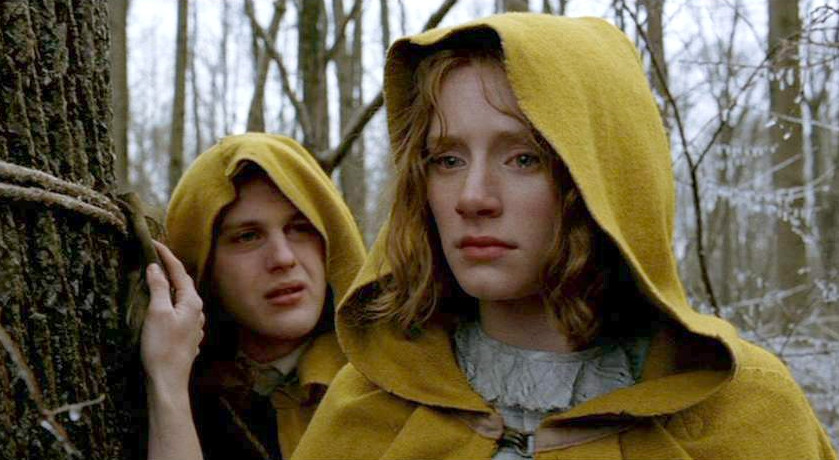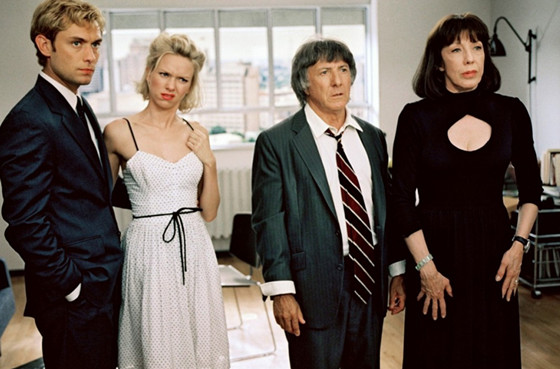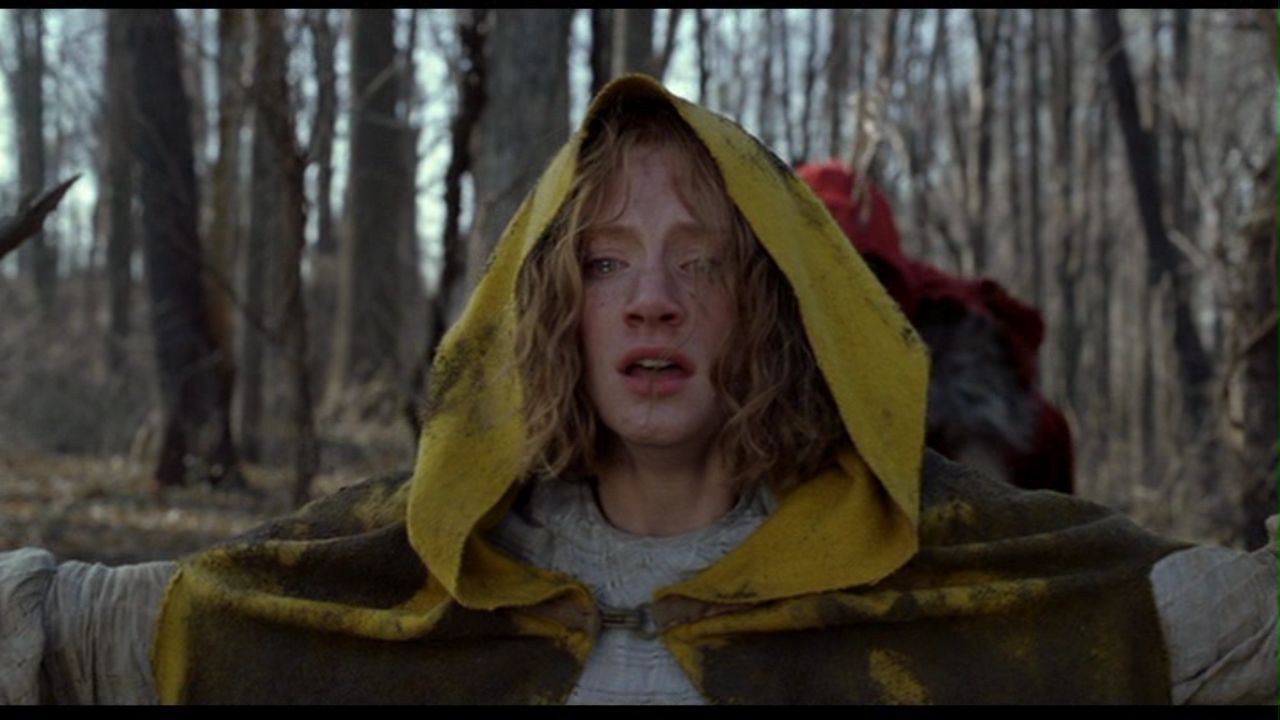
With every masterpiece of filmmaking comes detractors, people who do not understand why the movie is lauded and celebrated everywhere they turn. By the same token, for every movie that is critically ravaged, there are fans, people who loved every frame and were deeply moved by the story.
With many of the movies in that second category, there were one or two elements of the film that really turned audience’s off in some way. Perhaps it featured a performance that didn’t work for most people or had a plot twist that defied logic. In some cases, expectations played a large role. Some aspect or aspects of the film promised greatness and when that hoped-for greatness did not materialize, viewers were underwhelmed or angry.
The list below is an examination of nine films that are hated by many people but are actually surprisingly good. Before each explanation is a statistic that indicates, in some way, the level of hate associated with the film. There are Metacritic scores, or IMDb user scores, or Rotten Tomatoes scores to demonstrate some part of the negative majority opinion.
1. A.I.: Artificial Intelligence
Metascore: 65 (Equivalent of 2.5 stars or a C+)

Though this movie takes the position of the least-hated movie on this list, it is still the subject of much public ire. The many complaints have been that the movie uneasily combines the instincts of Steven Spielberg with the instincts of Stanley Kubrick. Kubrick was much more of an auteur. Though both directors are known for their artistic visions, Kubrick was much less compromising, while Spielberg is famous for his sentimental tendencies.
The original idea for A.I. came completely from Kubrick. Late in his life, he began to correspond with Spielberg, who he was going to hand the reins of the movie over to. Out of that collaboration (and with the impetus of Kubrick’s death) came the finished film, starring Haley Joel Osment and Jude Law.
To watch the movie looking for the ways in which it falls short of being a Kubrickian masterpiece is to miss the point. With a subtle performance from Osment and an incredible performance from Law as a robot designed to please women, the movie’s realism is unquestioned. And though the conclusion of the movie feels for many as if it is unsure of what it wants to be (there are multiple fade-outs in a row, each following what could have been the movie’s ending), it invites ample contemplation. Spielberg couldn’t fully escape his populist tendencies, but that is what makes the movie fascinating.
To see a fully-realized future world envisioned by two of the greatest film directors of all time is a treat. To watch this dystopian version of Pinocchio is to wonder about the future of artificial intelligence. And to see the fate of Osment’s robot little boy is to believe in the power of humanity, even in the face of unavoidable, oppressive darkness. With incredible cinematography from two-time Oscar winner Janusz Kaminski and brilliant production design from two-time Oscar winner Rick Carter, the movie overcomes any issues with its shmaltz and its script to be something unique and transcendent.
2. Solaris
IMDb Users: 6.2 out of 10, Metascore: 65 (2.5 or C+)

American remakes of foreign films have a terrible track record. Just take a look at Diabolique and The Vanishing, pale imitations of the movies they were inspired by. For many, the American remake of Solaris, directed by Steven Soderbergh and starring George Clooney, fell into the same disappointment category for many critics. Regular viewers often found it boring and maddening. Solaris is a beautiful, conceptually sharp sci-fi movie. Like many science-fiction films, it ruminates on a topic and explores the implications rather than following a specific plot structure like the kind most audiences are used to.
Soderbergh is at the top of his game here, slowly revealing pieces of the story through his deliberately paced camera work (he was his own DP) and the understated performances of all of the leads. (Besides Clooney, the movie also features Natascha McElhone, Viola Davis, and Jeremy Davies.) The eerie music maintains a sense of unease throughout, never allowing the audience to feel like they have all of the information they need.
Like Clooney’s Chris Kelvin, viewers are guessing at every turn whether what they see is real or imagined. In that way, the movie is relentlessly engaging, demanding the audience’s attention in a way that few movies can. It all leads to a somewhat ambiguous ending, which aggravated a fair share of the audience, as it purposefully avoided spelling out exactly what had happened. For its fearless refusal to be what audiences wanted, it suffered. But that quality is exactly what makes it an effective film.
3. I Heart Huckabees
Metascore: 55 (2.2 or C)

Before becoming a master of the prestige pic, David O. Russell was a cinematic provocateur, matching his weird and compelling movies with a reputation for being difficult to work with. I Heart Huckabees, his fourth film, is billed as an existential comedy. It’s wild and weird, similar in spirit to Spanking the Monkey and Flirting with Disaster, the first two films he directed. It followed Russell’s best movie, the Gulf War-set comedy Three Kings. Both Three Kings and Huckabees are fully realized comedies that exist so far outside the realm of formula that it takes a certain sensibility to go along with their ideas. When one does, though, it is deeply rewarding.
Since I Heart Huckabees is not a straightforward comedy with the type of gags that telegraph where they want you to laugh, many viewers found its tone off-putting and hard to understand. Billed as an “existential comedy,” Russell and his co-writer Jeff Baena had much more on their minds that simply inducing their audience to chuckle. They wanted to challenge their audiences to think about the absurdity of our very existence.
The cast (including Mark Wahlberg, Jason Schwartzman, Jude Law, Dustin Hoffman, Lily Tomlin, and Naomi Watts) is uniformly excellent, refraining from winking at the audience in the face of ludicrous situations and purposefully silly dialogue. Like multiple of the movies on this list, Huckabees and Russell eschew a traditional, “all tied up in a bow” ending in favor of something more reflective. It’s likely that audiences didn’t want that dissonance from a movie that they expected to be a raucous comedy. That dissonance, though, motivates viewers to positive pondering long after the credits roll.
4. The Village
Metascore: 44 (1.8 or C-), Rotten Tomatoes: 43% (of critics “recommended” it)

M. Night Shyamalan’s reputation was just beginning to suffer at the time that he released The Village. Billed in many places as a horror film, The Village featured a quintessential Shyamalan twist which alienated many moviegoers, who came to the movie for a specific genre and left feeling cheated. Though the movie had a very respectable opening weekend ($50 million), it dropped precipitously in the succeeding weeks, making just over double that in its entire domestic run ($114 million). However, from a filmmaking standpoint, the movie is close to brilliant.
The cinematography is by Roger Deakins, one of the greatest directors of photography ever. The production design is stylish and exciting. The acting, from Joaquin Phoenix, William Hurt, Sigourney Weaver, and Bryce Dallas Howard, to name a few, is excellent. Those that hate the movie also seem to ignore the interesting things that it has to say about the nature of fear (a recurring theme in much of Shyamalan’s work).
That being said, it is easy to see what may have turned people away. The movie promises a horror film about monsters living in the woods. By the end of the film, the nature of those creatures and the source of the horror are revealed to be something quite different than what was implied.
For many (audiences and critics alike), that not only destroyed the very reason they were seeing the movie, but also fed into the impression they had of Shyamalan’s self-importance and over-reliance on “gotcha” endings. Those perceptions colored the ultimate opinions people had of the movie. If one can move past the M. Night bias though, The Village is a richly rewarding, relevant experience.